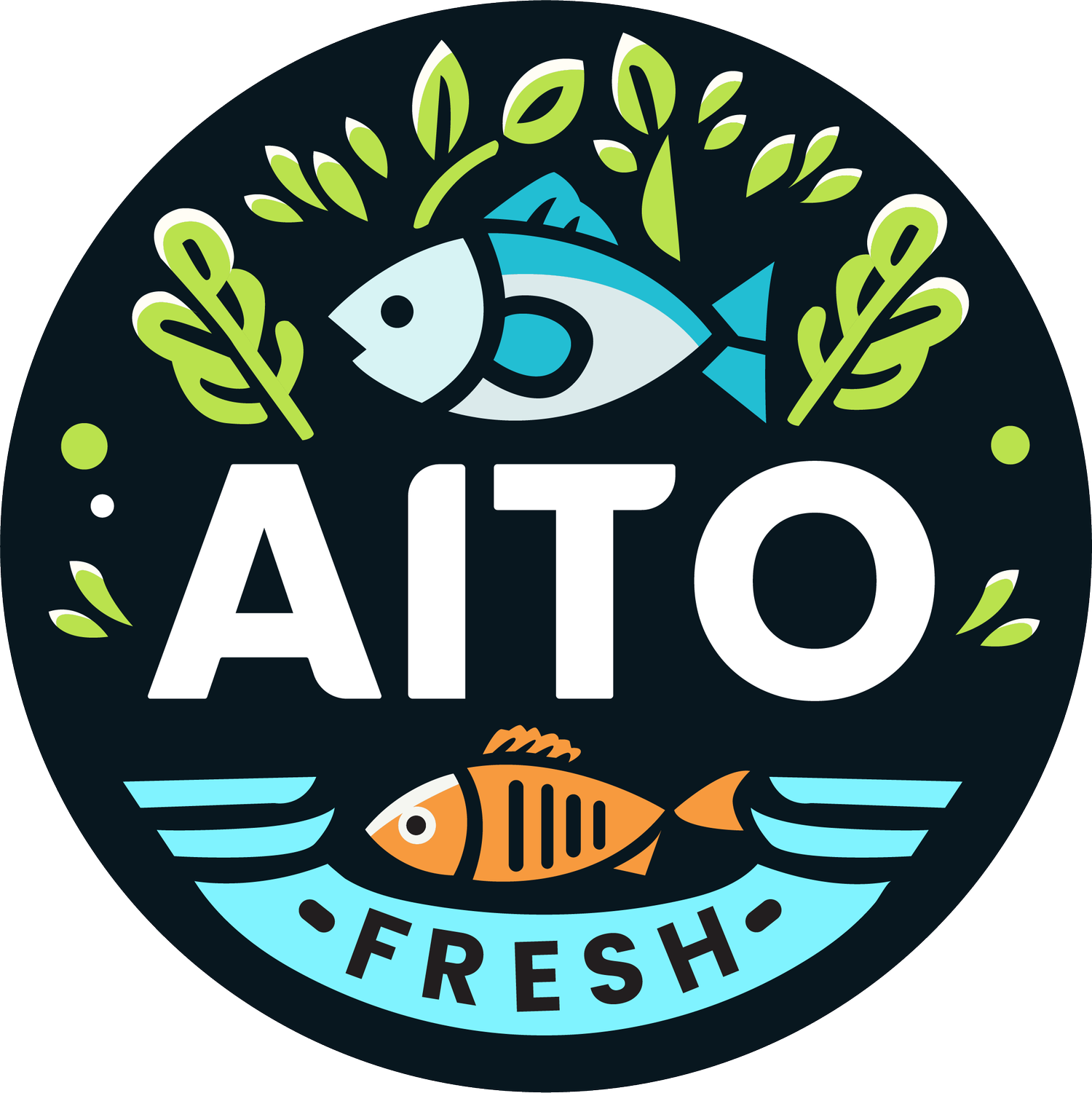Norwegian Salmon: Quality and Nutritional Benefits
Norwegian salmon is renowned worldwide for its high quality, exceptional taste, and nutritional value. Sourced from the cold, clear waters of Norway, this fish is not only a staple in many diets but also a key component of a health-conscious lifestyle.
Quality of Norwegian Salmon
Norwegian salmon farming is regulated under stringent environmental and fish welfare standards, ensuring that the salmon not only thrive in conditions close to their natural habitat but are also raised without the use of antibiotics and harmful chemicals. This rigorous attention to quality helps maintain the fish’s high omega-3 fatty acid content and superior taste, making it a premium product in the global seafood market.
Nutritional Benefits
Salmon is a nutritional powerhouse, providing high-quality protein, essential amino acids, and particularly rich in omega-3 fatty acids, which are crucial for cardiovascular health, brain function, and inflammation reduction. According to the Finnish Food Authority, Ruokavirasto, including fish like salmon in the diet is recommended for its numerous health benefits, promoting heart health and supporting a balanced diet ([Ruokavirasto](https://www.ruokavirasto.fi/en/foodstuffs/healthy-diet/food-groups/fish-and-fish-products/)).
The omega-3 fats found in salmon, EPA and DHA, are particularly noted for their role in cardiovascular health, reducing triglycerides and potentially lowering the risk of heart disease. The Nordic Nutrition Recommendations echo this sentiment, advocating increased fish consumption for its cardiovascular benefits and as part of a climate-friendly diet ([Nordic Nutrition Guidelines](https://pub.norden.org/nord2023-003/fish-and-seafood.html)).
Sustainability and Environmental Impact
Norway’s salmon farming industry is a leader in sustainability, using advanced technology to monitor and manage fish health and environmental impact. This commitment to sustainability ensures that Norwegian salmon not only meets global demand but does so in an environmentally responsible way. Research from the Finnish Institute for Health and Welfare (THL) suggests that diets rich in plant and fish-based foods can significantly promote health and are better for the environment, supporting the idea that sustainable fish farming can play a crucial role in global dietary shifts ([THL](https://thl.fi/en/-/plant-and-fish-based-diets-promote-health-in-humans-and-the-environment-dietary-changes-can-be-supported-in-many-ways)).
Conclusion
Norwegian salmon represents a perfect blend of taste, health, and responsibility, making it a preferred choice for many who value quality and sustainability in their dietary choices. As the global community continues to move towards more sustainable eating habits, Norwegian salmon stands out as a beneficial and environmentally friendly protein source. Whether enjoyed in a hearty traditional meal or a trendy poke bowl, Norwegian salmon brings nutritional benefits and delicious flavors that are hard to surpass.
PS: The texts above were prepared by real human people with true hearts, careful prompting, selected references, and the assistance of ChatGPT.
References:
https://www.ruokavirasto.fi/en/foodstuffs/healthy-diet/food-groups/fish-and-fish-products/
https://pub.norden.org/nord2023-003/fish-and-seafood.html
https://thl.fi/en/-/plant-and-fish-based-diets-promote-health-in-humans-and-the-environment-dietary-changes-can-be-supported-in-many-ways



